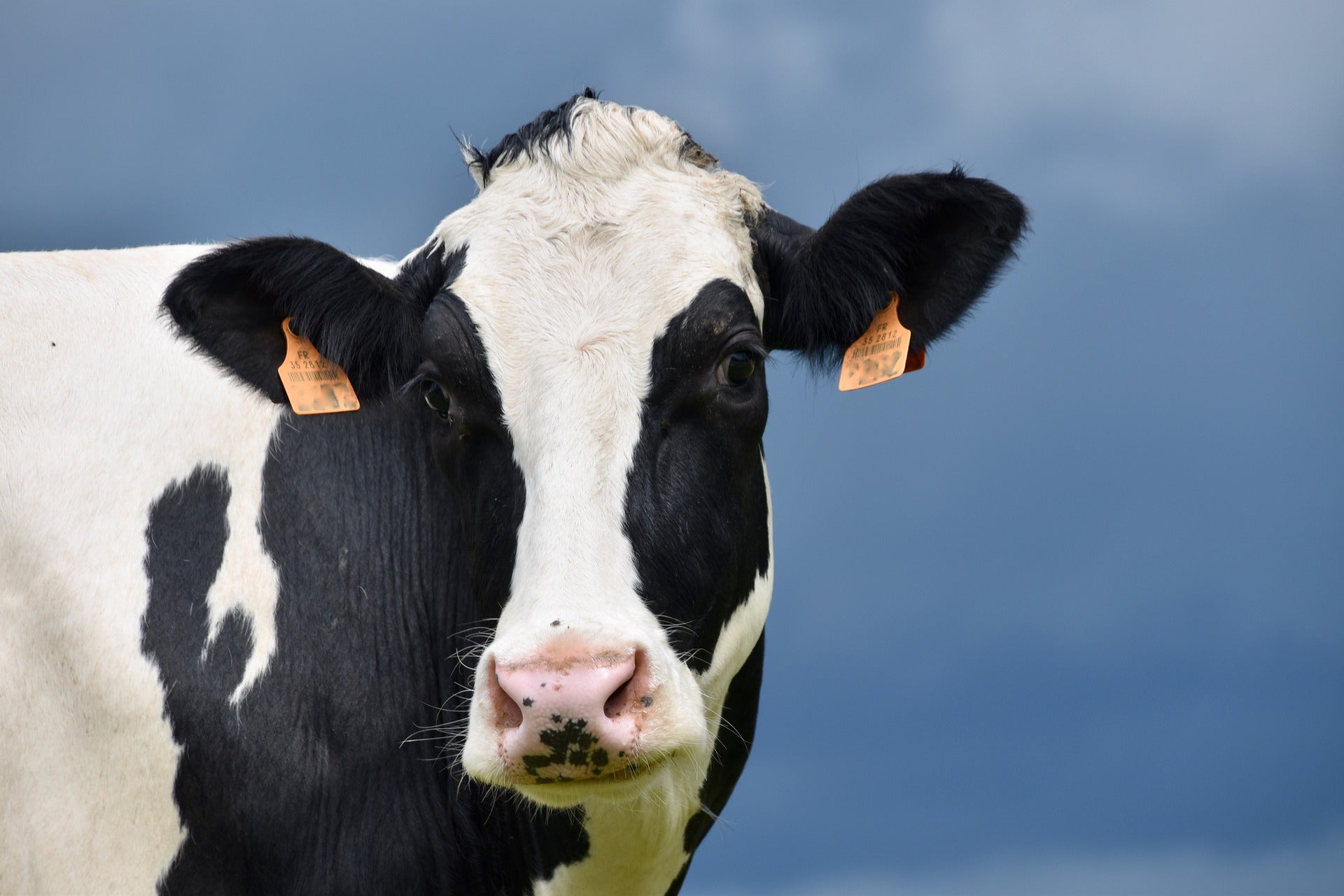
French dairy giant Danone has said it intends to cut the methane emissions generated by the fresh milk used in its products by 30% by 2030.
The Activia and Actimel brands owner said it expects to remove 1.2 million tonnes of the carbon dioxide equivalent of methane emissions. The company said it had cut its methane emissions by “circa 14%” in the 2018 to 2020 period.

Discover B2B Marketing That Performs
Combine business intelligence and editorial excellence to reach engaged professionals across 36 leading media platforms.
Methane emissions from cattle are a major factor in agriculture’s contribution to global warming. Dairy production from cattle makes up an estimated 8% of total human-caused methane emissions, as part of agriculture and livestock activities which represent approximately 40% of emissions, according to data supplied by the company.
Danone has launched a new partnership with the US-based organisation Environmental Defense Fund to help with its efforts on methane. The Danio maker said it will work with farmers, other companies and governments on regenerative practices to help it cut methane emissions.
Danone claims to be “the first food company to set a methane reduction target and align with the ambition of the Global Methane Pledge”, which was launched at the COP26 climate summit in 2021.
The company, which has not revealed how much it will be spending on its methane-reduction plans, said it will report on its methane emissions as part of its “extra financial disclosure”, information on ESG areas it discloses to investors.

US Tariffs are shifting - will you react or anticipate?
Don’t let policy changes catch you off guard. Stay proactive with real-time data and expert analysis.
By GlobalDataDanone CEO Antoine de Saint-Affrique said: “Our ambitious plan to reduce methane emissions – in line with Global Methane Pledges from 150 countries – is a commitment to build regenerative dairy.
“This step change requires a collective effort. Working with farmers, partners and governments, we have the power and duty to build farming models that benefit the climate and society, taking a step forward to tackling global warming together.”
Danone says it works directly with 58,000 dairy farmers across 20 countries. The company plans to launch four initiatives for methane reduction in Africa, Europe and the US this year.
The company’s move was applauded by sustainability campaign group the Changing Markets Foundation, which has criticised the meat and dairy industries for their efforts to cut methane.
Nusa Urbancic, its campaigns director, said: “Danone is the first dairy company to get serious about methane emissions which account for up to 70% of the sector’s climate footprint. By setting a target in line with the Global Methane Pledge and committing to report methane emissions separately it is setting an example that other dairy giants such Nestlé and Arla need to follow.”
But she added: “While Danone is leading the dairy sector on climate action there is no room for complacency. Its methane target only applies to fresh milk and should be extended to cover all dairy products and it needs to move more of its business towards dairy alternatives.”
Reducing methane emissions from cattle has become a hot topic globally. In October, the government of New Zealand – a big dairy producer – proposed to “price” agricultural greenhouse gas emissions.
“Agriculture makes up half of the country’s gross emissions and it’s anticipated the proposals will provide incentives for farmers and growers to take further action to reduce them,” the Kiwi government said in a statement at the time.
Danone took part in a US$7m Series A funding round last June for Symbrosia, a US firm behind a seaweed-based feed product said to dramatically reduce livestock methane emissions.



